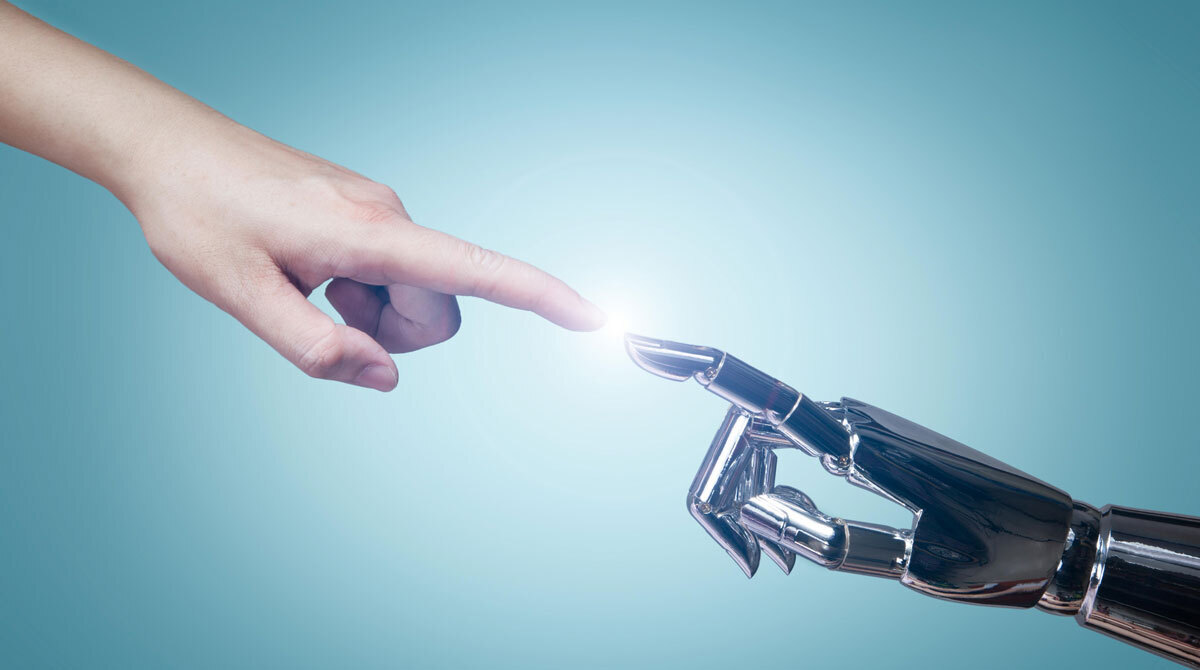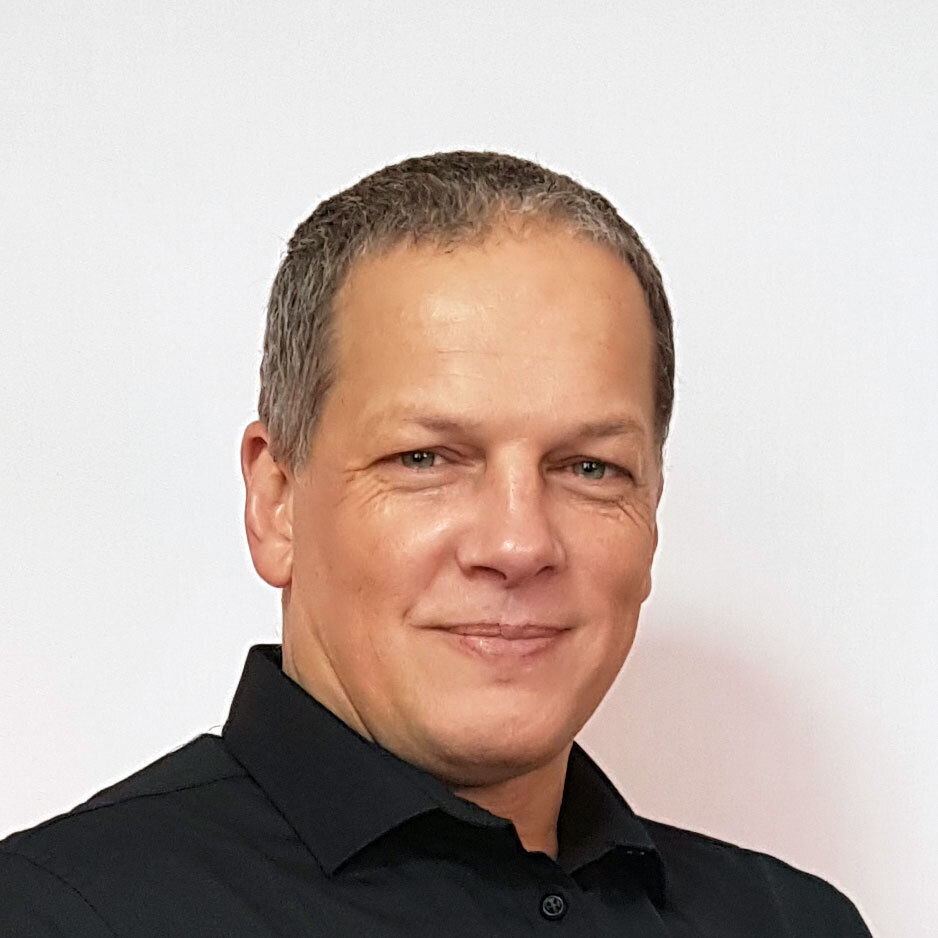
The explosive growth of Artificial Intelligence and the call for halting its development by several influential people is something that we cannot ignore.
While some people look forward to the extent to which AI could develop, many feel uneasy about how it may diminish and even eliminate their future value in the workplace, leaving them redundant.
According to international keynote speaker and best-selling author John Sanei, Ai is an intelligent entity, not making us more intelligent but competing against us in many ways. This competition is forcing us to think about the potential of human beings and how we can evolve ourselves not to be in competition with AI but bring value to the world in a new way.
Sanei shares insights on the disruption of AI and how we can respond to it.
Karl Marais: Influential people like Elon Musk and Steve Wozniak are calling for the developments of AI that should be halted. What are your thoughts?
John Sanei: It's a very sensitive topic because I think the people at the cutting edge of this realise that it's gone too far already. I don't think the idea of halting it helps anybody. In fact, I don't think it's actually possible. I do think that it's been released, and now it's in the open and now we're trying to tame it once it's out there, which is, I guess, a precautionary step but one that's too late.
And we have the advent of superintelligence ubiquitously available to everybody. This is scary to most people, but let's remember something very, very important is that from our current standpoint, where we are measured on our level of intelligence and knowledge, anything that is going to make that skill irrelevant is obviously scary, so people are trying to stop it, so for me, the question shouldn't be how do we stop it?
The question should be, how do we elevate ourselves to new versions of human beings so that we can start to see solutions that were not otherwise available to us?
Remember that when we were in the agricultural era, our bodies were the most important skill set that we had, the most asset that we had. When the steam engine and the tractor arrived, and the combustion engine arrived, our physicality became irrelevant. We didn't want to stop cars or stop the combustion engine, which many people wanted to do. We had to develop new skills, and we developed IQ, left brain process thinking, and logical thinking, and this became the new skill. But there was massive panic when that happened as well 200 years ago.
This is happening again, where we are panicking from the current standpoint of intelligence, trying to figure out what we need to be doing. Einstein has a great saying. He says you cannot solve a problem from the same awareness that created it. So we're sitting in an awareness educated by the Industrial Revolution, being told that everything we've known in the Industrial Revolution is irrelevant, and we're panicking.
I wrote my last book called Who Do We Become? and the reason I called it Who Do We Become? is because most people are complaining and panicking about a future they're uncertain about. But very few people are asking the bigger question, who do I evolve into? How do I access more of my brain? How do I release more of my trauma so that I can become adaptable and aware and develop new skills with curiosity and fascination, and then understand how to add value to a world with ubiquitous super intelligence?
Intelligence is not our currency moving forward. Just like physicality hasn't been our currency in the last 200 years, where it was for 10,000 years, intelligence won't be. EQ will be, which will give us a very, very powerful ability to be AQ, adaptable and aware. And so this becomes the new skill we need to be focusing in on.
So yes, I agree that we need to be precautionary about it, but the real determining question is how are you elevating and evolving who you are as a person to add value to the world in brand new ways, not trying to stop AI from developing just like we shouldn't have stopped electricity or the steam engine from developing.
Marais: What risks does AI pose, and how should we respond?
Sanei: Well, the agricultural era was totally changed because of the steam engine and because of the combustion engine, and 99% of the human population used to farm, today 1.3% of the population farms, and we're feeding billions of people where then we were only feeding maybe, I don't know, hundreds of millions, let's say. And so we have evolved already.
And so, what threat does it pose? What risk is it? It's the risk that in our current guise as human beings, we are replaceable, disruptable, and as Yuval Harari calls it, we'll start to see the emergence of the useless class over the next few years. And what that means is that people that were highly regarded with a set of highly regarded skills like accountants, like all services, will start to slowly become replaced by AI.
And so the risk isn't AI; the risk is our inability to evolve quickly enough. And so that's why I started off as a futurist, then became a psychologist, and now I'm a neuroscience specialist because I've realised that it's not about preparing for the future; it’s about preparing yourself and elevating yourself so that the AI is not a risk to you in your current guise. So what you should be focusing in on is what is your new guise, who are you becoming, so that you can start to utilise it as a tool.
Marais: How do we compete against AI?
Sanei: We don't. You don't compete against a tractor. You don't compete against a Ferrari. You don't compete against a factory. It's impossible to compete, so you don't. You can't compete against AI.
And so now, because AI's just arrived and its initial emotional state is one of panic for most people, what we have to realise is that it is a pointless exercise trying to compete with the IQ of AI. And so that's something that is not something we should be trying to do.
We're trying to solve it from the point of IQ as well, which is also not working. What we need to develop is a new skill. And the new skill is not based on a specific outcome, just like the Industrial Revolution forced us to have. It's like everything was about addiction to certainty and stability to bring more efficiencies and more profitability. So you always needed to know the ROI on everything.
The world we're moving into has all of that rudimentary, logical, analytical thinking taken out of the way and commoditised, and what we are left with is this ability to be as adaptable as possible to what's coming, to be so focused in on our own curiosity and fascination with subjects, and allowing the future to evolve in its own way, rather than doing things based on an absolute ROI.
What I mean by this is most people say, what should our kids be studying? That question itself is coming from a place of needing an absolute answer before starting the journey. And so when we think about EQ replacing IQ and AQ becoming a result of high levels of EQ, we realise the skill is not logical, analytical thinking but about being connected to your curiosity, being adaptable in your approach, being energised by engaging with new information, by being curious about what's coming next. These are all uplifting, step-forward emotional states that allow you to prepare for any eventuality, giving you the opportunity to focus on your behaviour, not the outcome.
So we must stop thinking about competing IQ to AI. It's impossible. We need to now develop new skills that allow us to become adaptable and engaging with whatever the future holds.
Marais: What separates us from AI, and how do we leverage this?
Sanei: Well, in this current state of human beings that we are, this version of human beings, we have very little right now as far as adding value and earning money that separates us. So what's always added value in the world has been our hard work, our intelligence, and our analytical thinking.
Emotional intelligence has been important, but we have a lot of narcissistic CEOs in the world that are very low in their EQ but have done very, very well. And many companies have been very low in their EQ but have done very well. So we have to realise that actually what's starting to happen is that the currency that is going to be evolving and starting to come out of this is that your levels of EQ will start to determine how quickly you can adapt to whatever's coming. And in that result, become more successful and earn whatever the currency is going to be.
So the skill is adaptability, and so what separates us from AI is our ability to be multifunctional and elevate our consciousness.
Now what does that give us? It gives us a new version of who we are as human beings. And then, we can start to see solutions that we couldn't have otherwise seen. Remember that Alvin Toffler said the literate of the 21st century would not be the ones who cannot read and cannot write, but the ones who cannot unlearn, to relearn. And so we have to unlearn, to relearn, to elevate our awareness so that our awareness in this new guise can start to see new ways and new solutions.
In fact, all questions I get from audiences that I work with are always this need to know, the addiction to the certainty of how to prepare, and this is how we've been programmed, but ultimately that is an impossibility, to tell us what the future of AI holds. All we can manage is our behaviour when we can't manage the outcome.
Marais: John, as an international keynote speaker on AI, you have been booked back-to-back lately, and with your unique approach of not merely rehashing the disruption of AI, but also offering a solution for the way forward in this new and uncertain landscape, it is easy to see why you are in high demand.
Thank you so much for making the time for this interview.
Original Source of the original story >> Interview - The Disruption of AI and Our Need to Evolve







